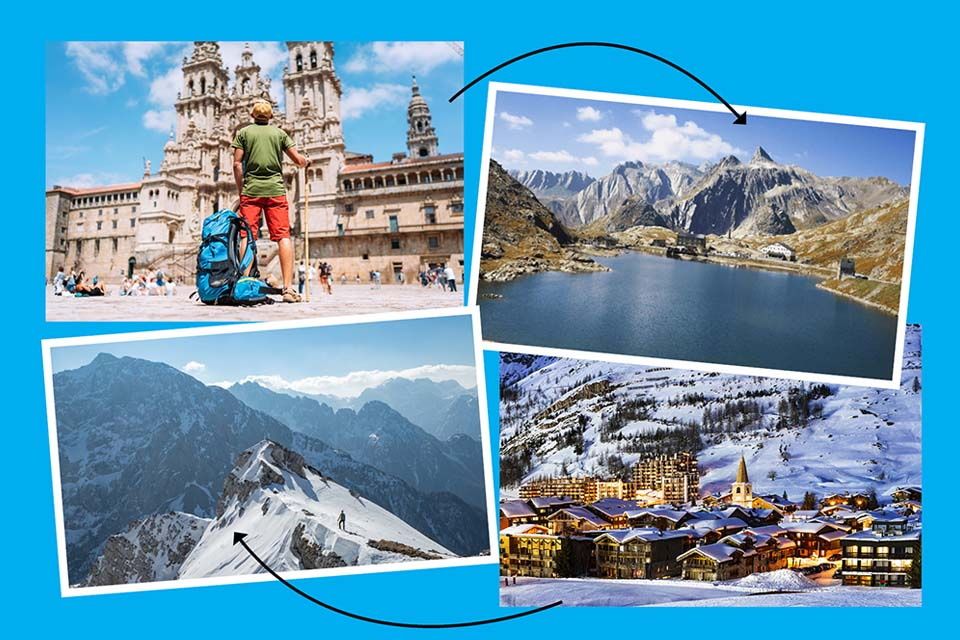Sunday, September 8, 2024 As Greece continues to draw millions of tourists each year, Prime Minister Kyriakos Mitsotakis has announced plans to regulate the influx of visitors to some of the country’s most popular islands. These measures, aimed at tackling overtourism, include increased docking fees for cruise ships and limits on the number of daily arrivals. During a speech in Thessaloniki, Mitsotakis emphasized the need to protect the social and environmental fabric of the islands, which have been struggling to cope with growing tourist numbers.
Cruise ships, in particular, have been a focus of concern, with places like Mykonos and Santorini experiencing overcrowding during peak tourist seasons. Greece, where tourism accounts for roughly 20% of the national economy, saw a record 33 million visitors last year. While the tourism sector continues to break records, the consequences of unchecked growth have been significant.
Vacation rentals and rising property prices have made it difficult for locals to afford housing, while the construction of vacation villas has led to water shortages on several islands. To address these challenges, docking fees for cruise ships are set to rise substantially. Popular destinations like Santorini will see fees increase to €20 during the high season, up from the current 35 cents.
These funds will be directed towards infrastructure improvements on the islands to help manage the strain caused by mass tourism. Additionally, a lodging tax on hot.



















